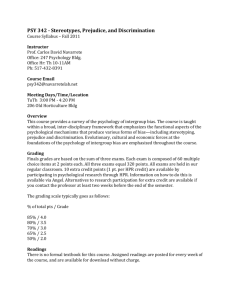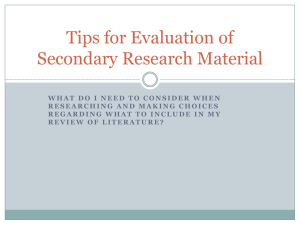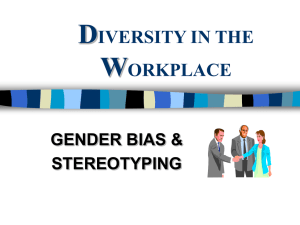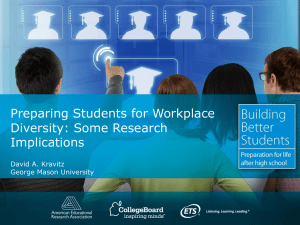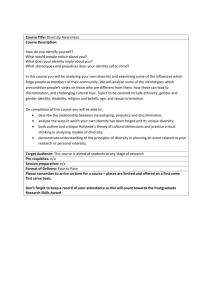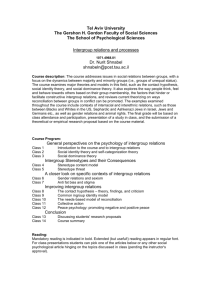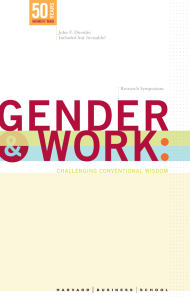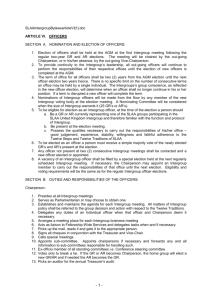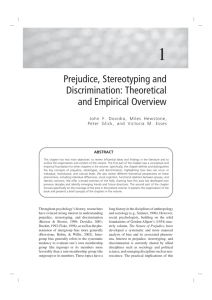Undergraduate RA Application
advertisement
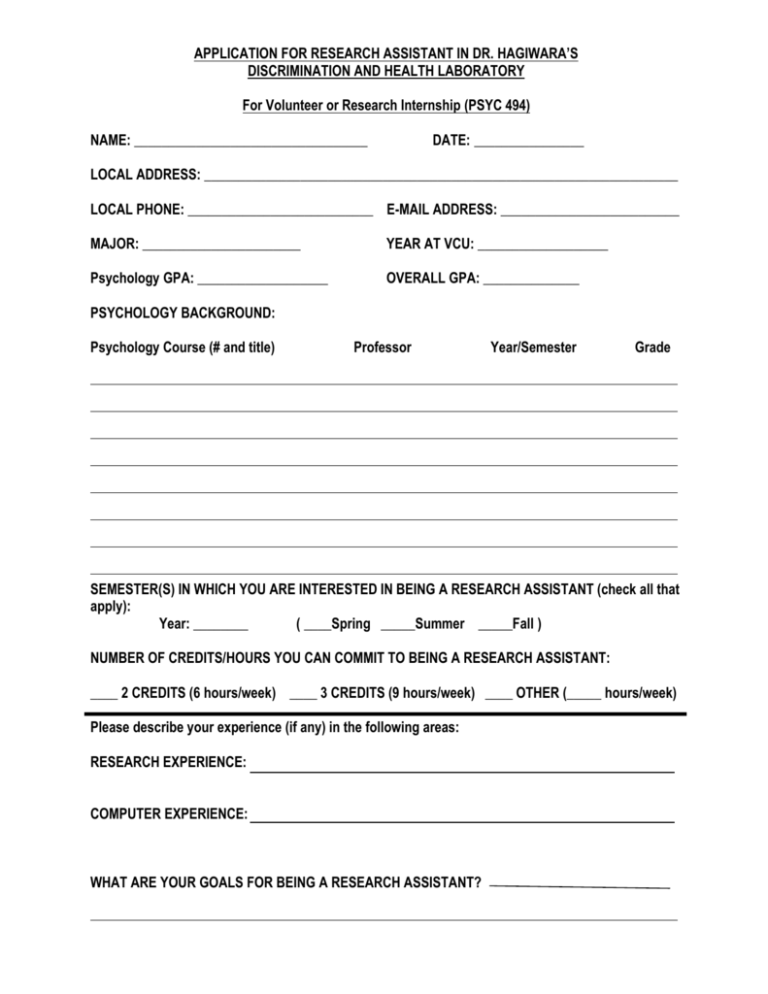
APPLICATION FOR RESEARCH ASSISTANT IN DR. HAGIWARA’S DISCRIMINATION AND HEALTH LABORATORY For Volunteer or Research Internship (PSYC 494) NAME: __________________________________ DATE: ________________ LOCAL ADDRESS: _____________________________________________________________________ LOCAL PHONE: ___________________________ E-MAIL ADDRESS: __________________________ MAJOR: _______________________ YEAR AT VCU: ___________________ Psychology GPA: ___________________ OVERALL GPA: ______________ PSYCHOLOGY BACKGROUND: Psychology Course (# and title) Professor Year/Semester Grade SEMESTER(S) IN WHICH YOU ARE INTERESTED IN BEING A RESEARCH ASSISTANT (check all that apply): Year: ________ ( ____Spring _____Summer _____Fall ) NUMBER OF CREDITS/HOURS YOU CAN COMMIT TO BEING A RESEARCH ASSISTANT: ____ 2 CREDITS (6 hours/week) ____ 3 CREDITS (9 hours/week) ____ OTHER (_____ hours/week) Please describe your experience (if any) in the following areas: RESEARCH EXPERIENCE: COMPUTER EXPERIENCE: WHAT ARE YOUR GOALS FOR BEING A RESEARCH ASSISTANT? SCHEDULE OF AVAILABLE TIMES Please put an “X” through ALL the times that you are NOT available. You will only be scheduled for the number of hours you ask. THE MORE FLEXIBILITY IN YOUR SCHEDULE, THE BETTER! Monday 9:00 AM 10:00 AM 11:00 AM 12:00 PM 1:00 PM 2:00 PM 3:00 PM 4:00 PM 5:00 PM 6:00 PM 7:00 PM 8:00 PM Tuesday Wednesday Thursday Friday Research Assistant Needed for Research on Discrimination and Health Research assistants will work on projects related to understanding the intrapersonal and interpersonal processes involved in intergroup bias (stereotyping, prejudice, and discrimination) from the perspectives of both the targets and the instigators of social inequality. To study intergroup bias is to be concerned with questions like: Why are stereotyping, prejudice, and discrimination so prevalent in our society? Why do some people express/experience more bias than others? What are the consequences of experiencing discrimination? What are effective strategies for reducing/eliminating them? These are only a few of many questions of intergroup bias addressed in our laboratory. In our laboratory, we study intergroup bias using both basic science of social psychology and applied science of health psychology. Projects address questions such as: What is the role of physical appearance in determining the amount of discrimination the targets of intergroup bias experience? Why do some healthcare providers effectively communicate with patients from socially devalued groups more than other healthcare providers? How can the targets of intergroup bias manage their social identity to reduce negative consequences of stereotyping, prejudice, and discrimination? How can we develop effective, theory-driven interventions to reduce health disparities? Research activities may include: attending weekly lab meetings, running experimental sessions, learning experimental methodologies, entering and analyzing data, literature review, and practicing research presentations. Students will work independently as well as with other undergraduate and graduate students in the laboratory to gain as much experience as possible throughout the semester. To the extent possible, we focus on developing in our research assistants the skills that are necessary for graduate school. Interested students must be willing to commit to work in the laboratory for at least two semesters and for at least 6 hours per week per semester (2 credits if you are taking it as PSYC494). Applicants should be responsible, motivated, independent, able to work well with others, and interested in the research. It is desirable for applicants to have taken or be taking a course in social or health psychology. This is an excellent opportunity for students interested in pursuing graduate work in psychology. If you are interested in joining the discrimination and health lab, you may fill out the application form and submit it via email to Dr. Hagiwara (nhagiwara@vcu.edu).
